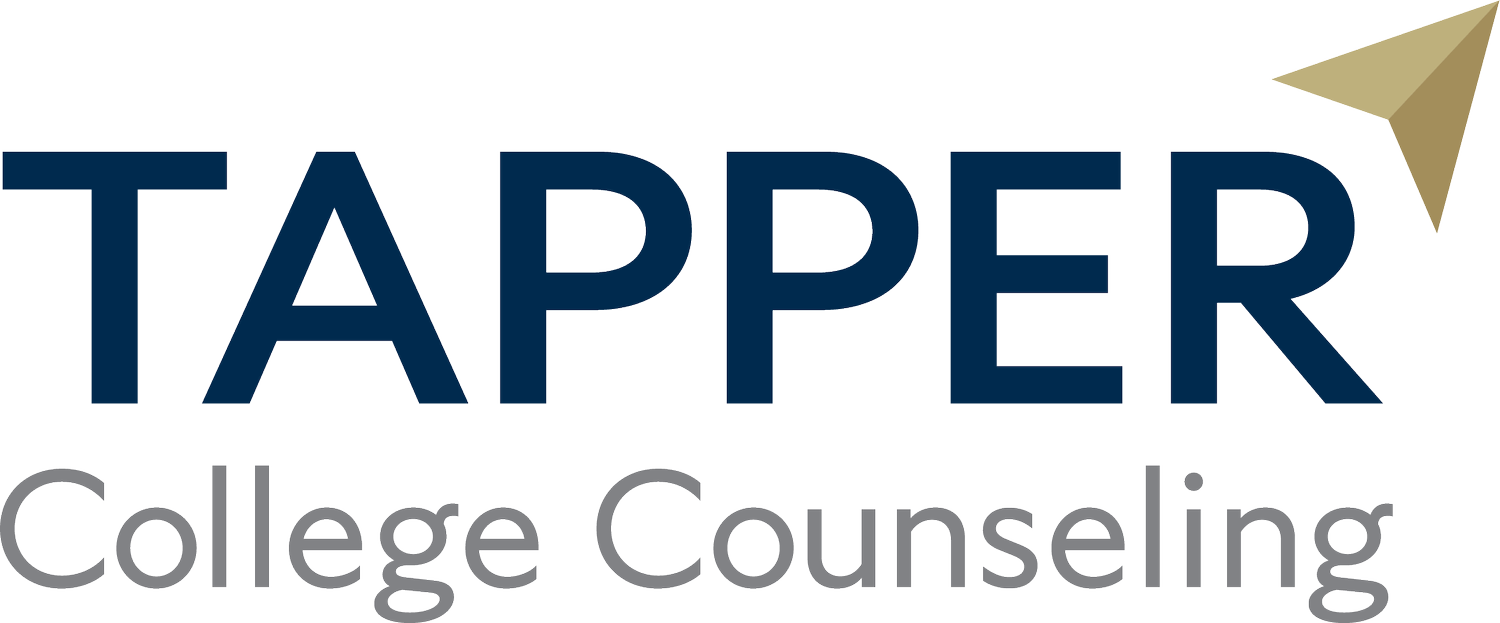Tips for Writing a Great Common Application Personal Statement
Before rising seniors draft their Common Application personal essay, also known as the personal statement, it’s essential to understand why many colleges ask for essays. Admissions officers seek insight into you beyond your curriculum rigor, grades, test scores, activities, and awards, since those items already appear elsewhere in your application. Colleges often weigh your personal qualities heavily. Essays help show that you will contribute as a roommate, classmate, and community member in addition to succeeding academically.
According to a 2023 National Association for College Admission Counseling survey, most respondents stated that positive character attributes and essays were of moderate or considerable significance in their admissions decisions. That is especially true at the nation’s most selective colleges. Below are several key traits colleges value and suggestions for how to convey them in your personal statement.
Key personal qualities and traits
Intellectual Curiosity and Creativity. A genuine love of learning and an imaginative mind stand out to admissions readers. Showcasing your eagerness to explore ideas (in or out of class) signals that you’ll engage deeply with academic life. If your essay illustrates how you approach the world with curiosity or originality—for instance, pursuing knowledge for fun or solving a problem in a novel way—you’ll be highlighting traits colleges prize highly.
Community Engagement and Impact. Colleges seek students who contribute to their communities through leadership, empathy, or collaboration. Whether you mentored younger students, led a service project, supported family, or helped build team culture, these actions reflect heart and responsibility. If you’ve made a difference, reflect on why and what you learned. Colleges love engaged students. Georgia Tech, for example, values students’ contributions to their communities.
Drive and Resilience. Admissions officers look for evidence of determination and perseverance—in other words, drive. They want to know that you can push through obstacles and grow from challenges, what many describe as grit. An essay that recounts how you faced a setback or worked hard toward an ambitious goal—and what you learned in the process—can demonstrate your resilience.
Authenticity. Admissions officers want to hear a real, authentic voice. MIT Admissions tells students: “Be yourself! . . . College isn’t a costume party; you’re not supposed to come dressed as someone else.” Choose experiences and stories that truly matter to you, and tell them in your distinctive voice. Essays should sound like you—a high school student—not a parent or AI.
Tips for Writing an Effective Essay
Brainstorm and Outline. Before you start writing, take time to reflect. Think about moments that have shaped you, big or small. Consider challenges you’ve faced, values you live by, people who’ve influenced you, or passions you’ve pursued. Look for experiences that reveal your character, growth, or perspective. Once you’ve identified a meaningful topic or set of topics, create a loose outline. If you have an idea for an attention-grabbing opening, great. Or you can work on that later, after most of the essay is done.
Show, Then Tell. First, paint a picture of how you embody your key personal qualities and traits through anecdotes. For example, rather than flatly stating “I love science,” you might recount the summer day you spent obsessively building a homemade telescope, what you discovered, and how it fueled your intellectual hunger. By the end of your essay, the reader should feel like they’ve gotten to know a real human being with passions, quirks, and values. A strong essay balances vivid storytelling (showing) with thoughtful reflection (telling). After sharing a memorable moment, take a step back and provide insight by explaining what it meant to you and how it shaped your perspective.
No Formula or Set Structure. There is no single structure or formula for the Common App personal statement. You may have heard of the College Essay Guy’s narrative and montage formats. Both can work well, as can other structures—so long as your essay reflects your authentic voice, shares insight into who you are, and helps admissions officers learn new things about you. You don’t need a dramatic life event or flawless writing style—just a willingness to reflect, revise, and communicate something real about yourself.
Good luck and happy writing!
Do you have questions about the Common App personal statement?
Please contact me with any questions about the Common App personal statement or any other part of the college planning and admissions process. Though my roster is full for the Class of 2026, I am accepting clients in the Classes of 2027 and later.

